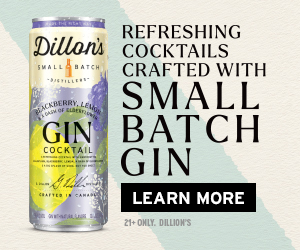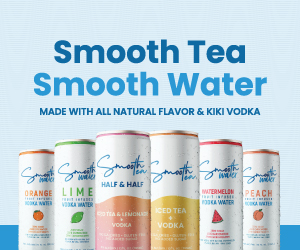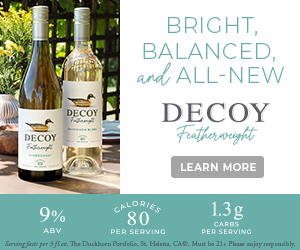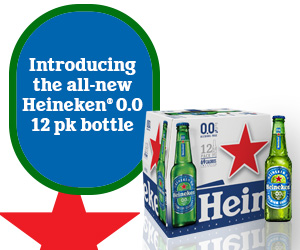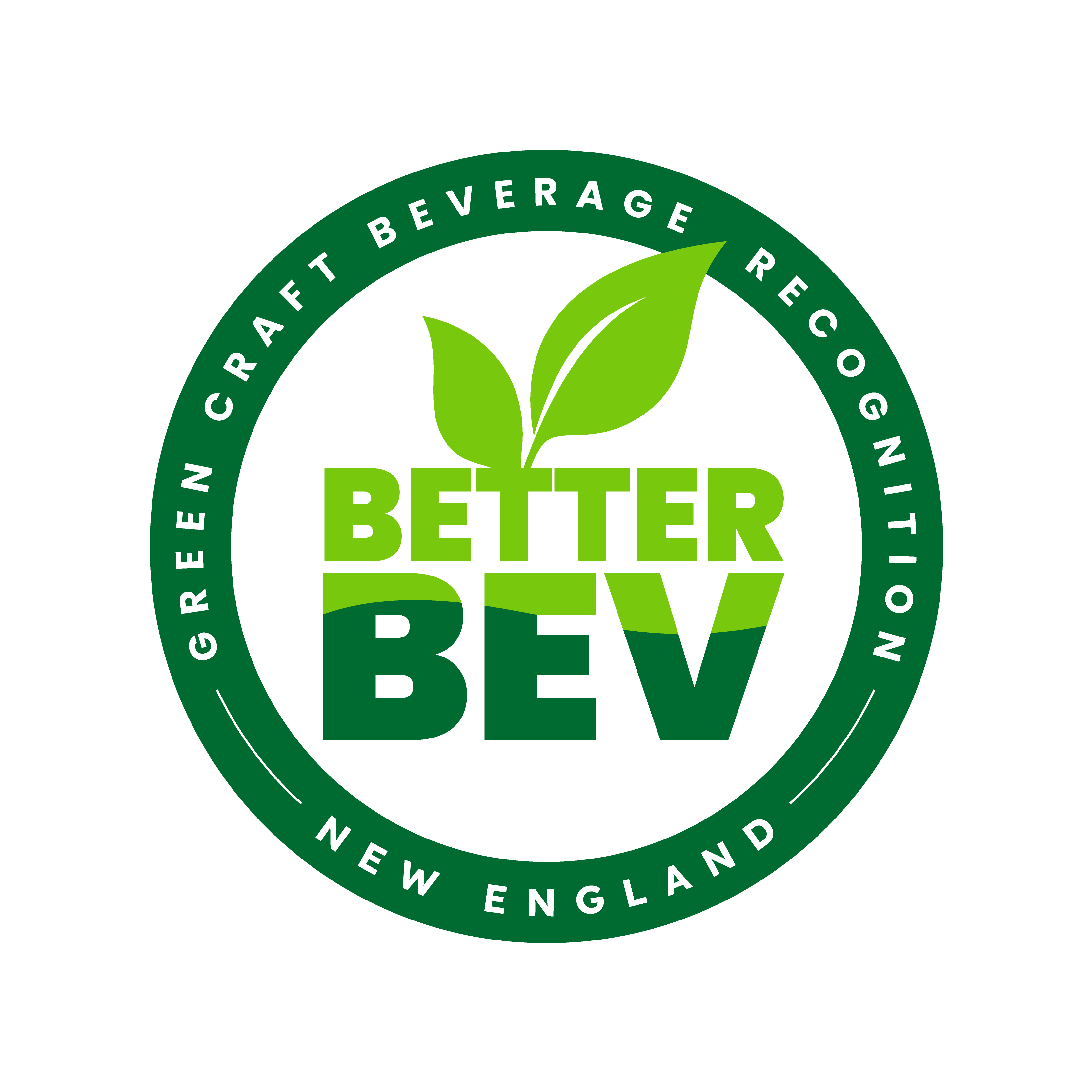
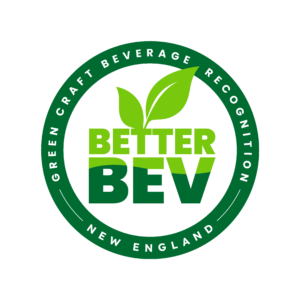 BetterBev helps regional craft beverage manufacturers target their business goals
BetterBev helps regional craft beverage manufacturers target their business goals
By Dana Slone
As part of a coalition of New England states, the Rhode Island Department of Environmental Management (DEM) is promoting a new free environmental sustainability recognition program for craft beverage manufacturers. The BetterBev Green Craft Beverage Recognition Program is offered to breweries and other craft beverage manufacturers throughout Connecticut, Rhode Island, Maine, Massachusetts and New Hampshire.
BetterBev helps craft beverage producers review their facility operations, identify process improvements and reduce business costs and their carbon footprint, awarding them an official seal. With consumers and businesses realizing the importance of environmental responsibility, the program works to mitigate and measure positive change for both bottom lines and broader impacts. For beverage producers that invest time and resources in sustainable practices, BetterBev will help them gain efficiencies and receive recognition as a green business.
As of 2023, Rhode Island hosted 39 open breweries across the state, according to DEM’s Green Breweries webpage. Although these breweries are an important part of the state’s economy, improper pollution prevention practices can negatively affect water quality in their communities. The wastewater generated from breweries, distilleries and wineries can cause problems for wastewater treatment facilities and septic systems from large volumes of organic waste.
Most craft beverage producers already have a strong culture of sustainability and a desire to protect natural resources and the environment for future generations while crafting the finest beverages. DEM’s Office of Customer and Technical Assistance, through the RI Green Breweries Program, helps breweries reduce their environmental impact, prevent pollution, conserve natural resources and be a model of sustainability.
“We must constantly assess the impact our actions have on the environment, so we believe a beverage producer’s focus should be on continual improvement,” said Luke Truman, Sustainability Coordinator for the Craft Beverage Sector Program at the New England Environmental Finance Center, located at the University of Southern Maine. “We’re grading ourselves against a constantly moving target, so we created the BetterBev program with a mindset of consistent effort, striving for improvement over time.”
Another aspect to this program is safer cleaning practices. BetterBev works with the Toxics Use Reduction Institute’s Cleaning Laboratory at the University of Massachusetts Lowell to identify high-performing, cost-effective cleaning practices and chemicals that reduce health and safety risks.
“DEM is proud of our partnership with Rhode Island’s craft breweries,” said Director Terry Gray. “DEM’s BetterBev program provides technical assistance to local breweries, helping improve performance and reduce environmental impacts. I always enjoy locally grown, locally harvested and locally brewed products, and the Ocean State’s breweries make some of the best beers I’ve ever tasted. The BetterBev program provides well-deserved recognition to breweries for implementing green practices.”
According to the Brewers Association, the New England region is home to more than 600 craft breweries, not including other craft beverage producers such as distilleries, wineries, cideries and meaderies. While these businesses create jobs, boost tourism and promote economic development, they also use resources intensively.
BetterBev works with all interested craft beverage manufacturers, helping them identify steps that meet their financial, operational and strategic priorities. Participating companies drive their continuous improvement by measuring and assessing waste generation, energy use, water consumption and material inputs, such as raw materials, packaging and cleaning products.
 The program uses the following criteria to review facility operations and generate technical recommendations: environmentally responsible sourcing, water usage, wastewater reduction, stormwater management, energy efficiency and conservation, CO2 use and emissions, cleaning and sanitizing, waste reduction, packaging format and materials, and environmental culture.
The program uses the following criteria to review facility operations and generate technical recommendations: environmentally responsible sourcing, water usage, wastewater reduction, stormwater management, energy efficiency and conservation, CO2 use and emissions, cleaning and sanitizing, waste reduction, packaging format and materials, and environmental culture.
Learn more and apply for the program by contacting DEM via dem.greenbreweries@dem.ri.gov or by visiting the state’s Green Breweries webpage at dem.ri.gov/greenbreweries or betterbev.org or scan the QR code below.


